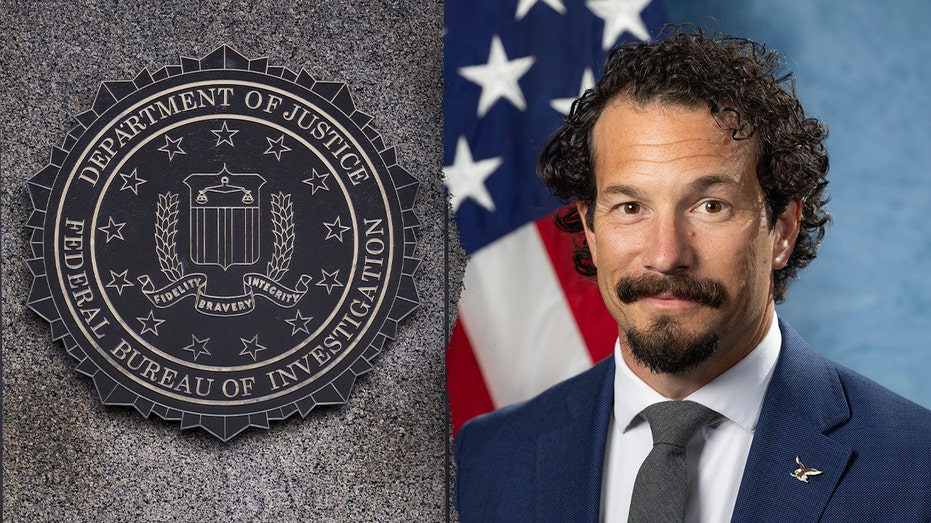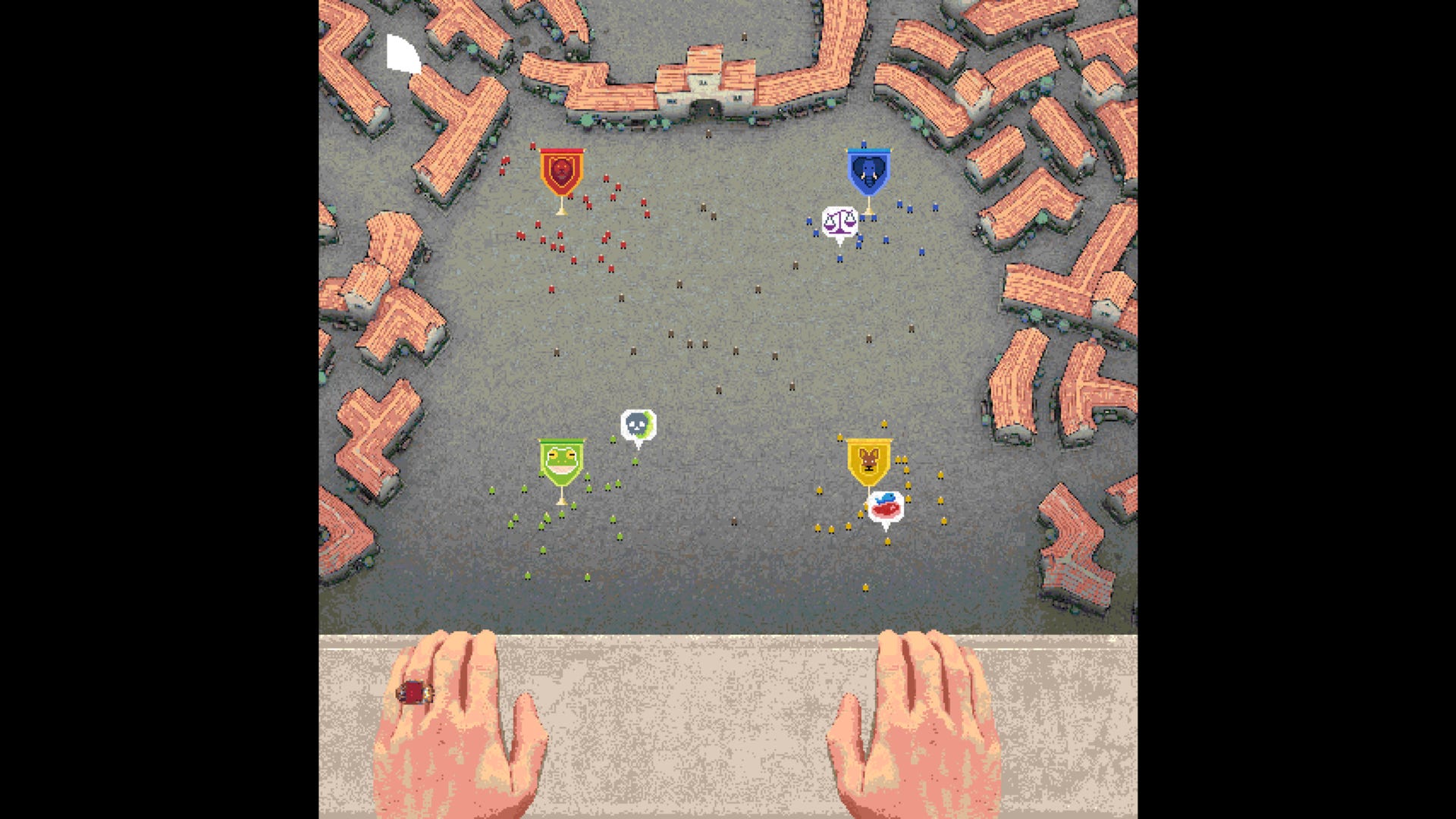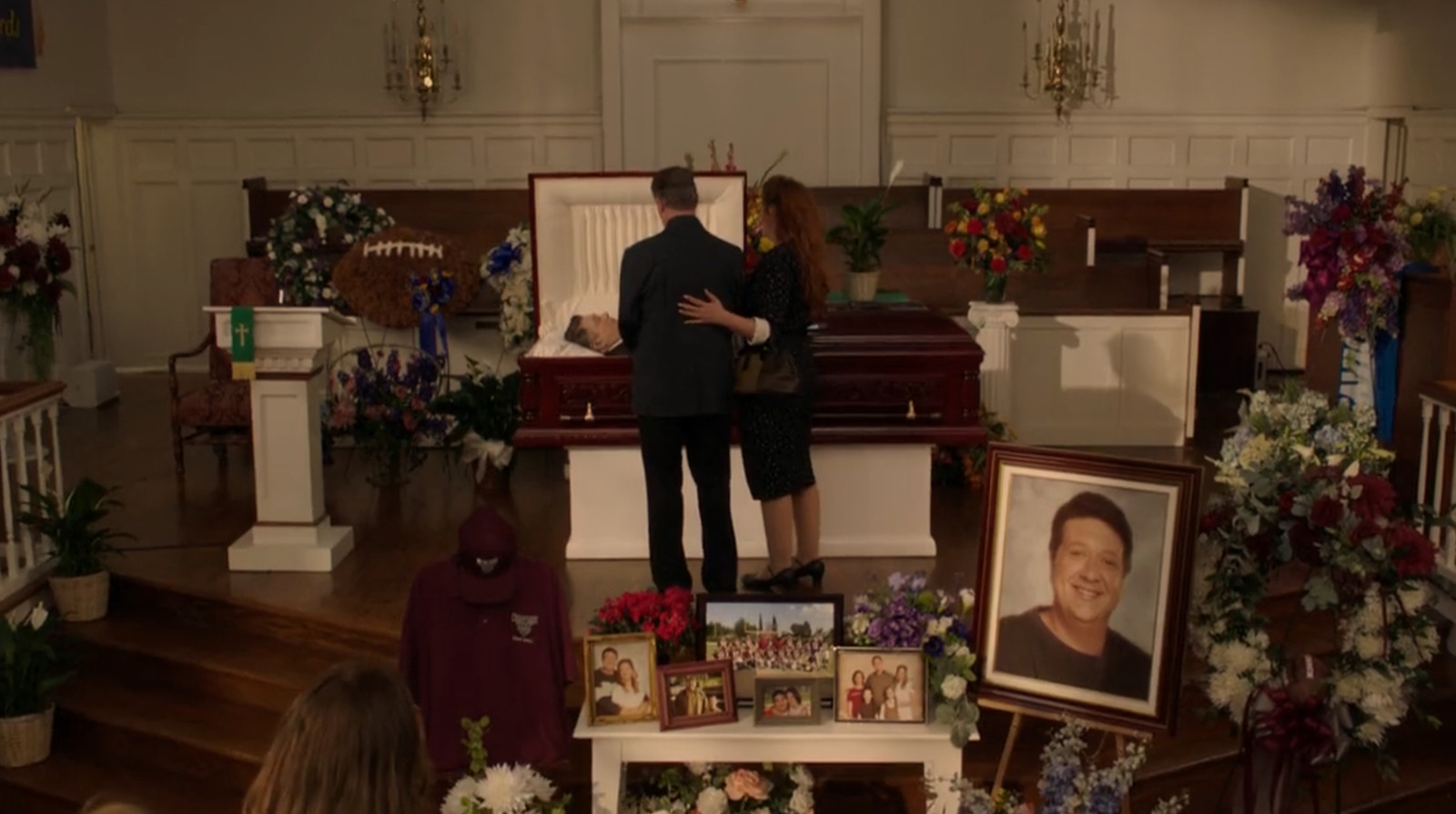Red April
In 1876 Bulgaria, a desperate revolutionary must convince a room of suspecting Ottoman soldiers that he is innocent.
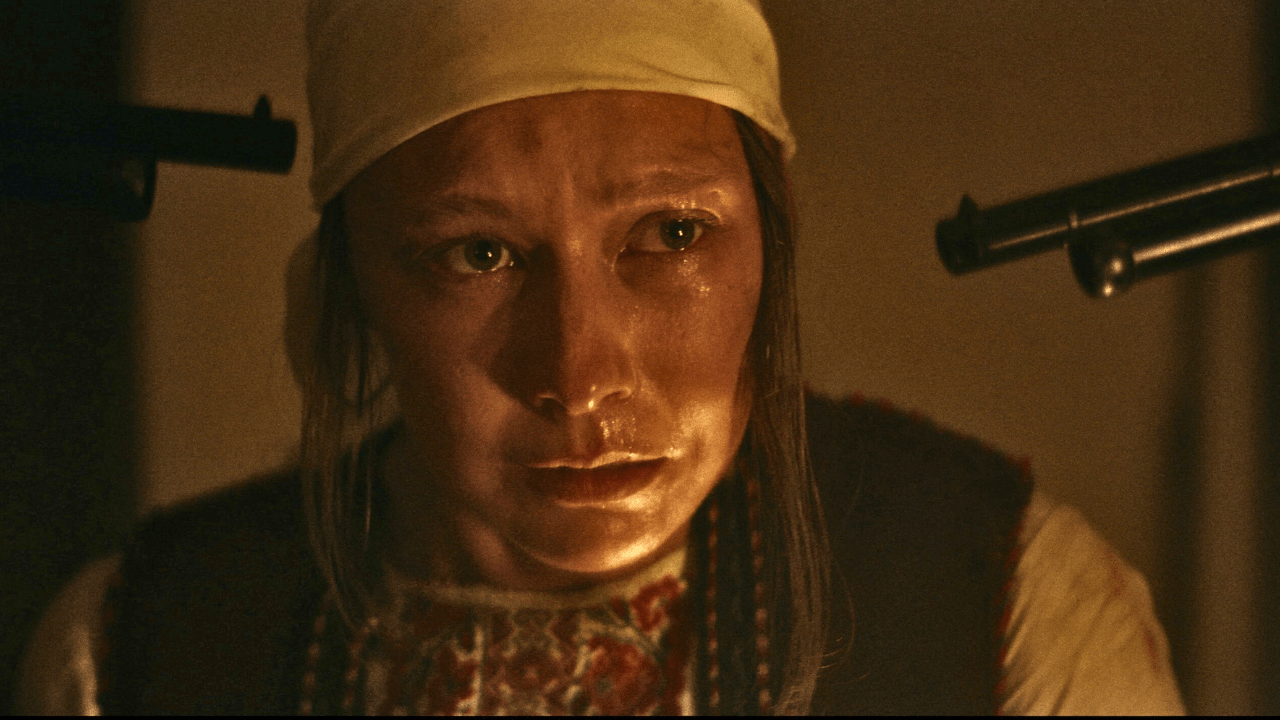

If you look through the archives of our selections you’ll notice a conspicuous lack of historical dramas. A popular offering in mainstream television and film, the genre is a tough fit for shorts for multiple reasons. Suspending audience disbelief is a challenge—while shorts are wonderful for showcasing new modes, voices, and styles in writing, direction and visual presentation, their budgets almost always suffer in comparison. Through that lack, they often miss out on the expertise of experienced craftspeople in production design, costuming, and research. Historical TV shows and movies also luxuriate in their world-building, allowing the viewer to ease into the particularities of the setting and historical context, a slower acclimation not available to storytellers in the short form.
Historical drama remains a popular genre for short filmmakers, yet it is arguably the most challenging to execute without seeming amateurish. The key to success is realizing a peculiar balance of ambition and modesty. Filmmakers are drawn to the form due to their love of sweeping historical epics, yet that impulse must be moderated—narrow your scope, but then execute the hell out of it.
That is what Boris Vesselinov does with Red April, his graduate film from Loyola Marymount in Los Angeles. The film depicts an imagined scene from a momentous event in the historical record, the April Uprising of 1876, when an ethnic uprising of the Bulgarian population was brutally put down by its imperial overlords. While unsuccessful in its initial aims, the barbarity of the reprisal shifted international sentiment, leading directly to a Bulgarian state two years later.
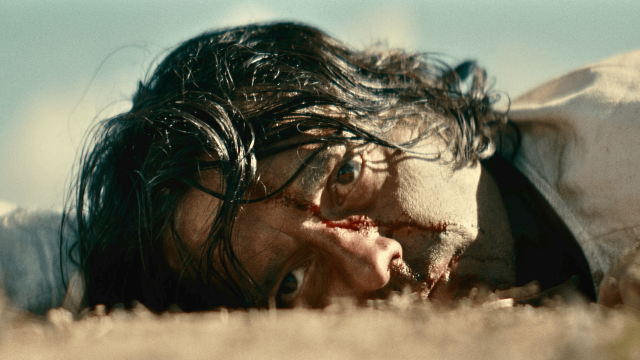
Yavor Vesselinov stars as Iliya – a rebel soldier on the run from Ottoman forces
Iliya (Yavor Vesselinov) and Nevena (Victoria Myssik) are leaders in the uprising which they help foment during late nights plotting at the public house they run. However, this is not a story of the rebellion’s rise, the film begins in the midst of it being put down. Iliya has survived a massacre and returns to the inn with Ottoman forces hot on his heels. While not certain of Iliya’s involvement their captain, Selim (Eric Etebari), has his suspicions, and seeks to elicit our protagonist’s confession via a tense and philosophical card game.
It’s an interesting choice to begin the film during the historic event’s downfall, one that resonates with my prior observation. We associate revolution films with reluctant heroes delivering stirring speeches and montages of grim and inspired men ready to sacrifice it all—these types of goosebump-inducing scenes are why we love the genre. However, Vesselinov forgoes many of these traditional pleasures in order to prioritize simplicity and thematic resonance.
Practically, the setup allows the vast majority of the film to take place in a single location, and boy does it look great. Production designer Colby Parada, prop designer Josie Spanier, and Costume Designer Mikhaela Zabalerio, along with a slew of assistants, do a fantastic job in realizing the scene. Costumes were hand-made in Bulgaria and mailed to Los Angeles, the furniture based on research from ethnographic museums in home country. The scene was practically lit with lanterns, and each prop and line of dialogue was reviewed by Bulgarian historical consultants. For a student film, the attention detail when it comes to authenticity is unusual, and it pays off.
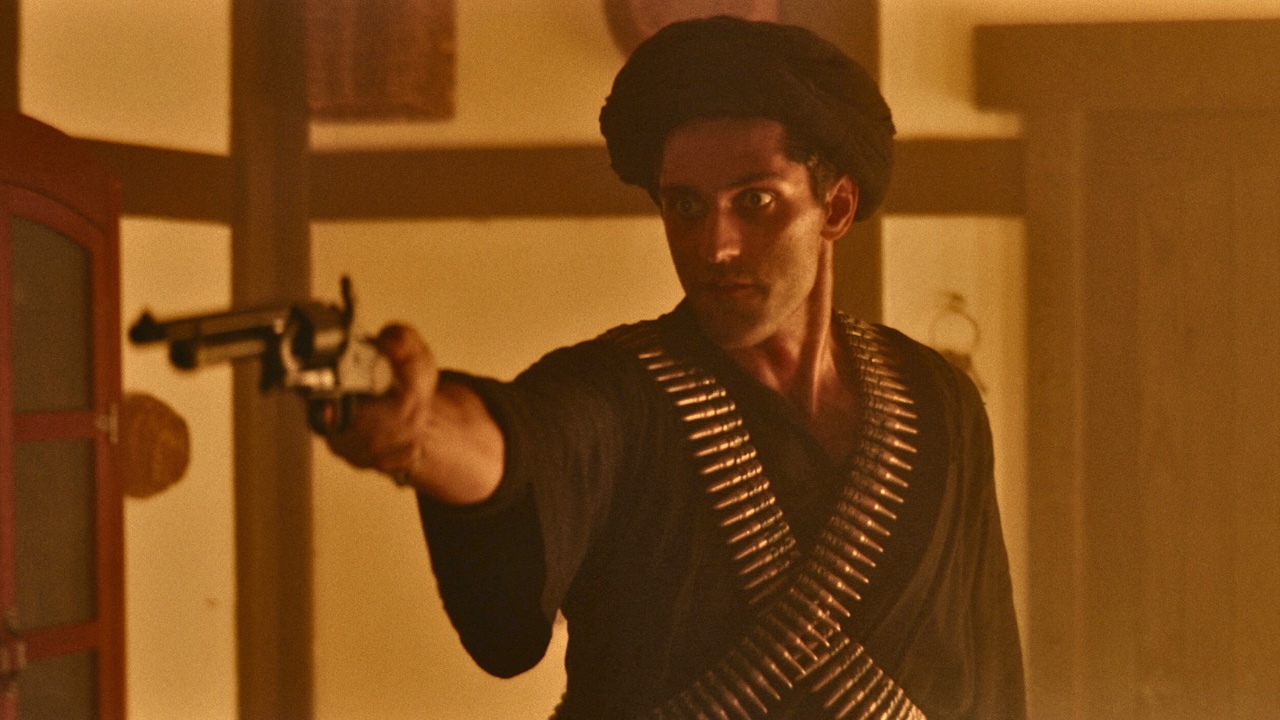
“The lighting was completely done with practical lanterns – almost no larger ‘Hollywood’ lighting rigs were used” – Vesselinov discussing the production of Red April.
The narrow scope of the scene also prioritizes one of Vesselinov’s key attractions to topic, which was interrogating self-doubt. The April Uprising was, after all, a catastrophe—the valor and bravery was something to be admired, but it was spent on futile ends. It was the spirit of defiance within those impossible odds that inspired the world and indirectly achieved the movement its larger aims. Vesselinov sits with that uncertainty, and mused to us about the inspiration he took from the story as it related to his own apprehensions regarding both his impending graduation from school and the pressure he felt to deliver a worthy version of a story that is a legendary part of Bulgarian self-identity. He writes, “I wanted to confront my own mounting anxieties about the industry I was entering. In the film, Iliya deals with the consequences of his own shortcomings; what if the revolution he helped organize was doomed? How would that impact the people he loved? I found that sentiment easy to relate to, as I struggled to envision what failure might look like to the people I love.”
Vesselinov, born in the US to a Bulgarian immigrant family, grew up with stories of the April Uprising all his life. Yet, he realized early on that none of his American peers knew the history (I raise my hand here as well). This lack of awareness was itself a primary inspiration for the film, as the young filmmaker writes, “I had a deep belief that because the April Uprising was a universal human story – one about courage, fear, sacrifice, and the endurance of determined people – it must be inspiring to audiences of any background. That compelled me to write the film in a way anyone could understand.”
Playing up the universality of the story helps to minimize short film’s other weakness via a vis historical dramas, which is the lack of canvas for context. In this though, simplicity is a double-edged sword. Red April is straightforward and lacks nuance, the bulk of its runtime comprising of a single Hitchcockian scene of suspense which is somewhat underwhelming in its originality. While its execution—especially for a short—is notable, we normally demur when it comes to films that tell the same type of story that we could access in longer formats. However, as we’re also fond of saying, innovation in storytelling is not only formal. Telling a familiar story from a new perspective is itself a worthy permutation, so transposing tried-and-true plot mechanics to a novel context works for me here. The passion and authenticity that Vesselinov and his team employ in crafting the first-ever American film of this seminal Bulgarian history comes through loudly in every frame and I was won over. It makes me curious about all sort of national stories throughout the world that I would love to be introduced to. Maybe, despite all that talk about historical dramas and short film being an awkward fit, Red April can inspire other filmmakers to tackle those stories too.
What's Your Reaction?










